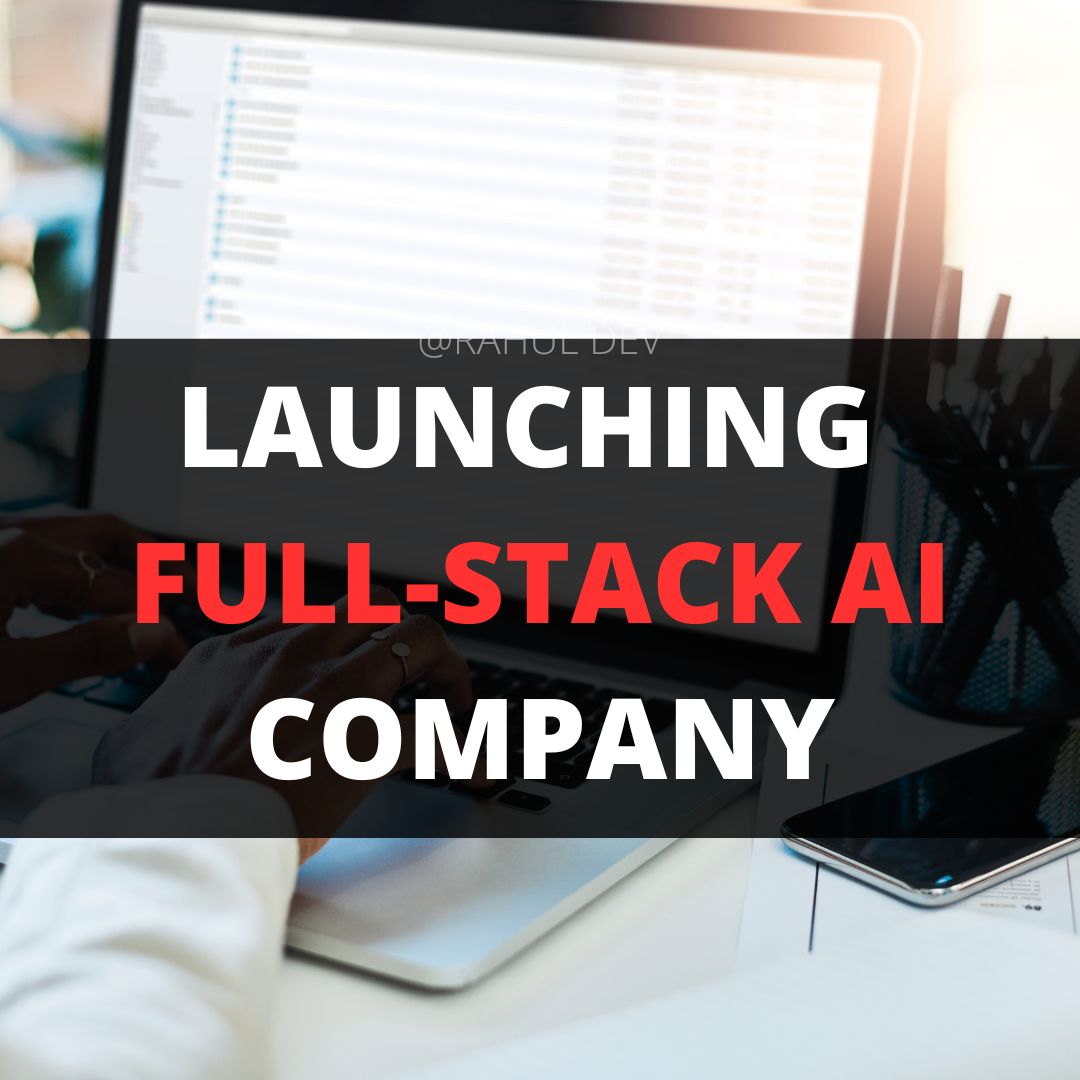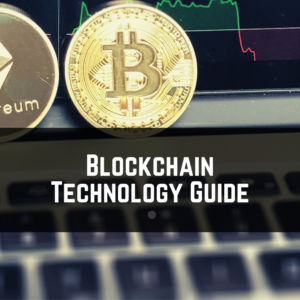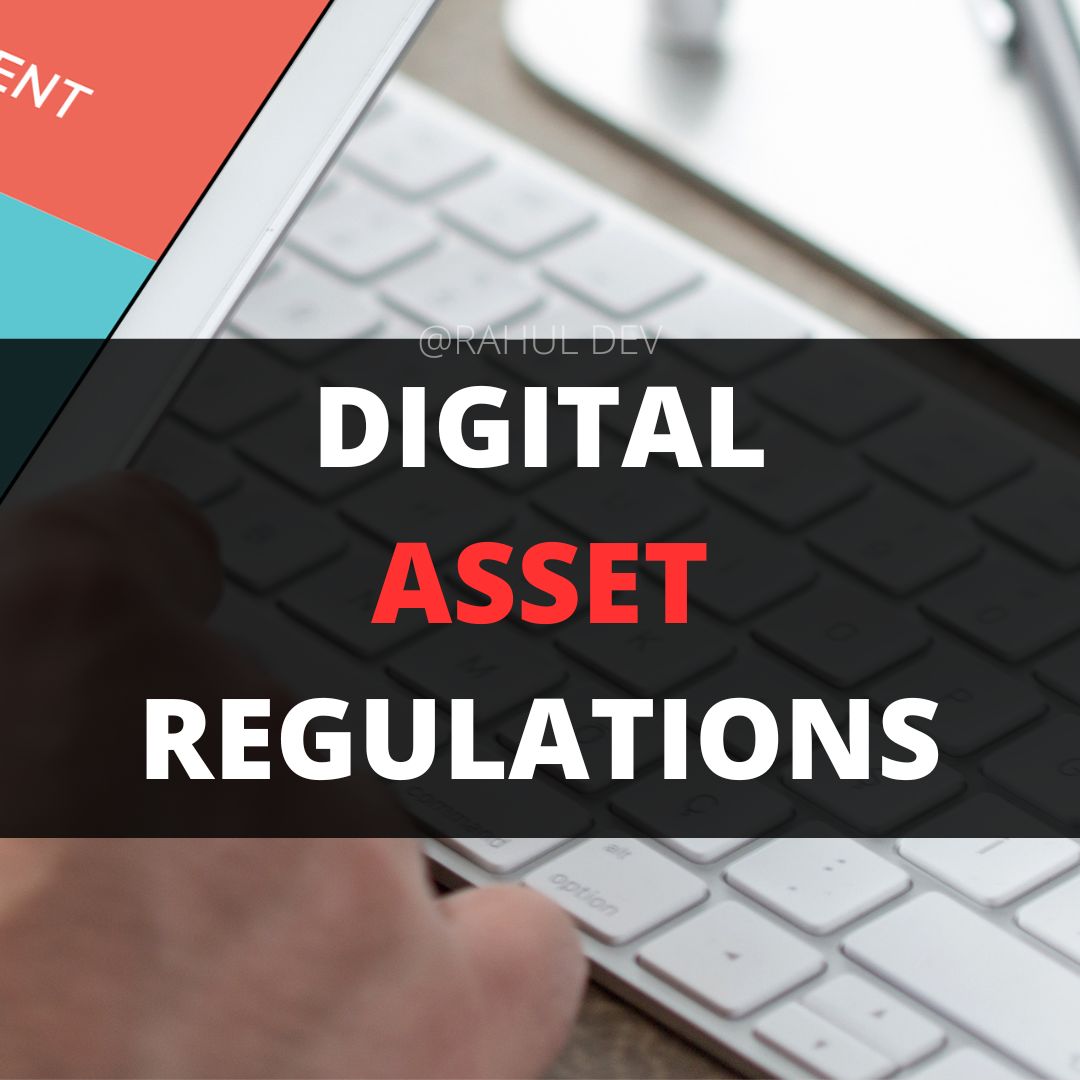

Protect Your innovation Worldwide
Provisional patents
Secure your blockchain idea for 12 months and convert to international patent under PCT within 12 months
International patents
Patent Cooperation Treaty (PCT) provides filing mechanism for global protection of innovative blockchain products and services.





